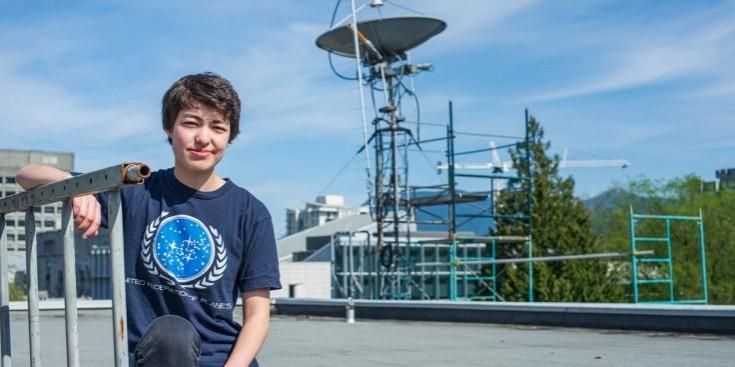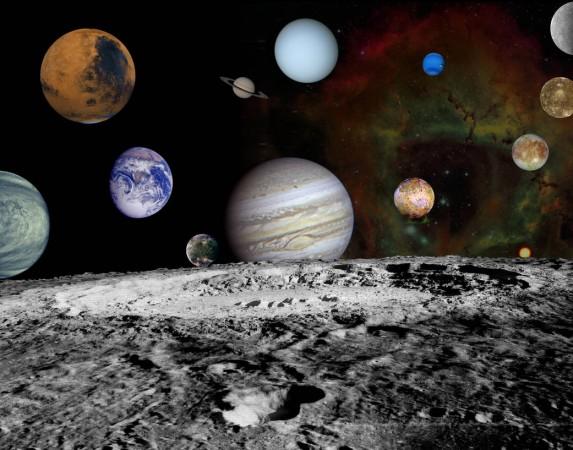University of British Columbia astronomy student Michelle Kunimoto has managed to comb through the data gathered by NASA's Kepler mission and has discovered 17 new planets, including a potentially habitable, Earth-sized world.
This is not the first time that Kunimoto is in news for her planet discovery as the UBC student had found four exoplanets when she was working on her undergraduate degree.

The Kepler space telescope is a retired space telescope launched by NASA to discover Earth-size planets orbiting other stars. The spacecraft was launched on March 7, 2009.
The Kepler satellite looked for planets, especially those that lie in the "Habitable Zones" of their stars over its original four-year mission. The main aim was to look for planets where liquid water could exist on a rocky planet's surface.
Officially named KIC-7340288 b

Officially named KIC-7340288 b, the new finding about the planet is published in The Astronomical Journal. The news is that the planet that has been discovered smaller than the Earth and is just one-and-a-half times its size. The size makes it small enough to be considered rocky. Others are about eight times more than the size of Earth.
Kunimoto is pursuing PhD at the Department of Physics and Astronomy and she added, "This planet is about a thousand light-years away, and it is no getting there anytime soon! But this is a really exciting find as only 15 small, confirmed planets in the habitable zone have been found in Kepler data so far."
Kunimoto did not just leave it there; rather, in a bid to obtain razor-sharp images of some of her planet-hosting stars with the Near InfraRed Imager and Spectrometer (NIRI) on the Gemini North 8-metre telescope in Hawaii, she collaborated with UBC alumnus Henry Ngo.
Her planet-hunt has made her observe thousands of known Kepler planets using the transit-method. She will be reanalysing the exoplanet census as a whole. Michelle Kunimoto's PhD supervisor and UBC Professor Jaymie Matthews said that an estimate will be made on how many planets are expected for starts with different temperatures.
Wolf Cukier, a teen NASA intern, had discovered a distant planet orbiting a pair of stars in January. This surely is an indication that we are not the only world in the Universe and there is much more to be known and found out.









!['Had denied Housefull franchise as they wanted me to wear a bikini': Tia Bajpai on turning down bold scripts [Exclusive]](https://data1.ibtimes.co.in/en/full/806605/had-denied-housefull-franchise-they-wanted-me-wear-bikini-tia-bajpai-turning-down-bold.png?w=220&h=138)



